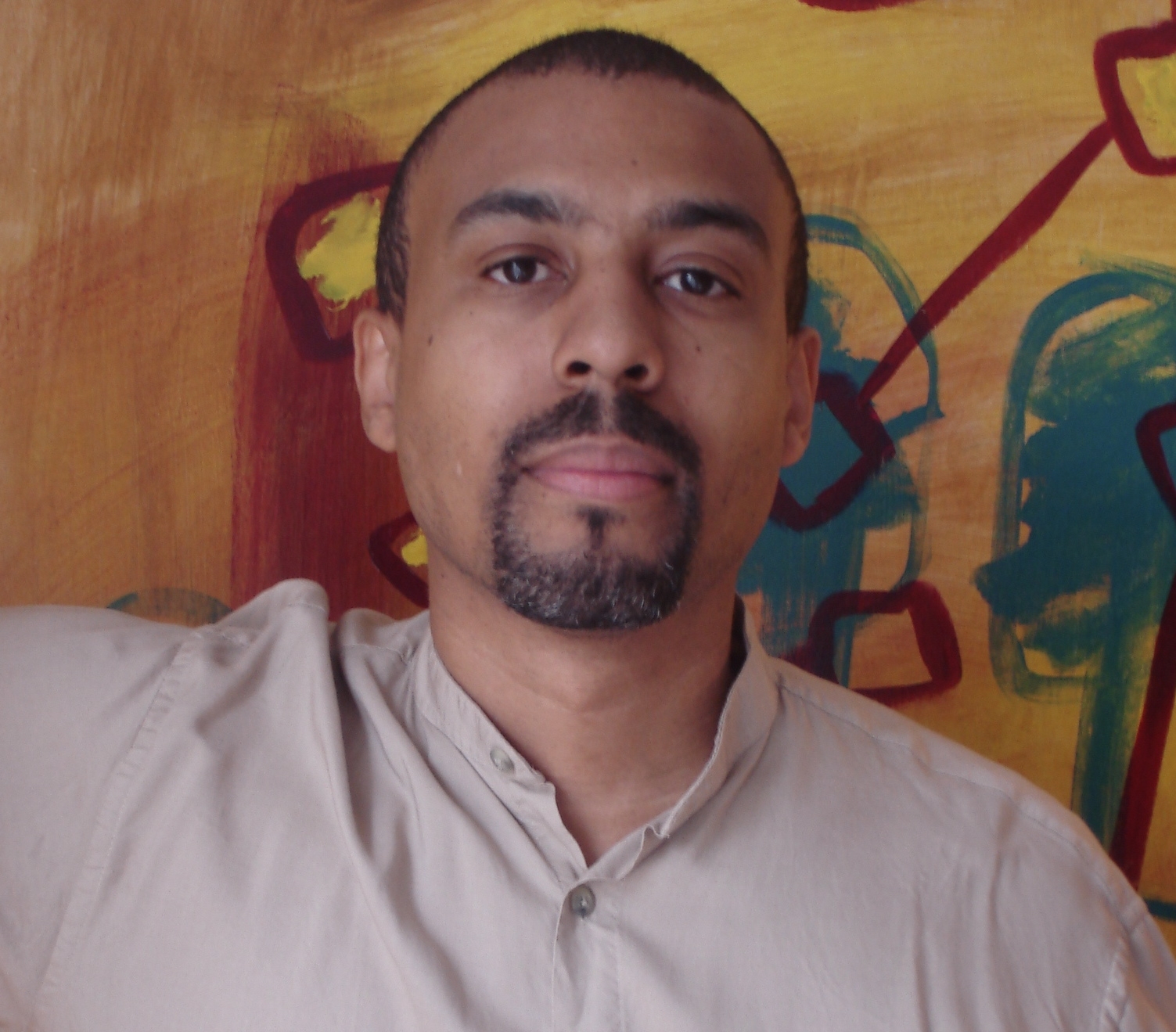How to Tread Water in a Wave File Tsunami
An Interview with David Knight
By Brooke Mason
The music industry has been forever changed by the digital revolution. It’s a sore spot for musicians and producers alike that MP3s can be downloaded piecemeal, but the trend has not dissipated. What better way to understand this change in the music market than through the experience of one who was there from the beginning?
In 2001 David Knight was producing the Music & Internet Expo with Steven Zuckerman. This Madison Square Garden event was sponsored by the bourgeoning company MP3.com. PC Magazine called the event, “The Woodstock of the I.T. World.” Nearly a decade later Knight reflects that the digital revolution has done more harm than good, and stresses that he is not alone in his feelings.
 David Knight is the founder of Music Talks, a round table that is a forum for networking, educating, and nurturing; a place where business and art intersect. The first time I met David Knight at a Music Talks session in Los Angeles I was sure of one thing: this guy knows how to make things happen. A self-starter in every way, Knight shared stories of driving a school bus by day while organizing concerts by night. By combining initiative with a positive attitude and utilizing every moment of his time to invest in his future, Knight ultimately achieved his goals piece by piece. Knight offers hope to any Indie artist, that they too can reach a level of success and confidence.
David Knight is the founder of Music Talks, a round table that is a forum for networking, educating, and nurturing; a place where business and art intersect. The first time I met David Knight at a Music Talks session in Los Angeles I was sure of one thing: this guy knows how to make things happen. A self-starter in every way, Knight shared stories of driving a school bus by day while organizing concerts by night. By combining initiative with a positive attitude and utilizing every moment of his time to invest in his future, Knight ultimately achieved his goals piece by piece. Knight offers hope to any Indie artist, that they too can reach a level of success and confidence.
Today increasing your chances of “being discovered” is all about developing your marketing plan. The internet has definitely aided artists in this regard. As a producer Knight is very familiar with this marketing tool. He developed “Live On Demand,” one of the first online polls which allowed audiences the option of voting for what musicians they wanted to stop in their home towns. Today this has become a standard marketing technique for touring performers.
Despite such readily available online templates for production and promotion, there are disadvantages. Knight explains, “On the one hand you have a great opportunity for the artist to put themselves out there by making themselves so available. On the other, there is no filter. The market is completely saturated. This hurts the consumer and it hurts the artist. Production standards are definitely lower than they were ten years ago.”
In order to understand our digital future, Knight explains the traditional course for a recording artist, “Generally the artist would first put together a demo. They’d give this to an A&R guy who would then give it to a label’s president. From there a decision would be made on a record deal, which would then lead to paying gigs and other forms of promotion sponsored by the label.”
When asked if labels are becoming passé Knight replied, “Yes, major labels are most definitely becoming passé. Because the old model of contracts wasn’t always fair, and wasn’t really conducive to artists making a living.”
Despite the drawbacks to the traditional methods, Knight says, “Today what you’re not seeing as much of is the personal touch. There were a lot of great labels like Atlantic Records where the producers were singers and songwriters themselves. They understood the business. They knew how to promote you, manage you. And because they knew music they also selected other great artists so you weren’t seeing what we are today - where the market is just flooded and not all of it is good.”
So in this vast musical sea, where does the newcomer begin? Before you dive off the deep end, Knight suggests calling a lifeguard if you don’t know how to swim! The theme of one of this year’s Music Talks sessions in L.A. was, “How Many Hats Do You Wear?” Knight urges artists not to fall into the trap of “Jack of All Trades/Master of None.” He explains, “Everyone should have a basic studio set up; ProTools and Logic are good. Just remember that this is only gear. You need to develop you skill set. You should start by identifying you strengths and weaknesses. If you are a great singer and songwriter, that is what you do. If you don’t know how to record an album, find an engineer. Do whatever it takes to get your project from conception to completion. You have to be willing to outsource.”
So does Knight have a verdict on the future of digital music? Knight seems to allude to the aftermath of a natural disaster: “The dust is still settling.” Nearly ten years after the founding of Napster, we are still feeling the effects of a major wave file tsunami.
For more information and to register for New York or Los Angeles Music Talks Sessions visit Music Talk Sessions
Copyright © Bitchin' Entertainment 1989 - Republished with Permission Only.
Back

